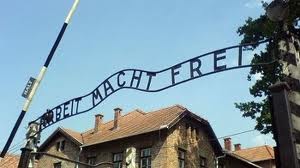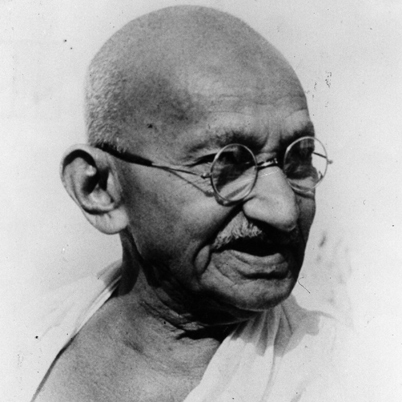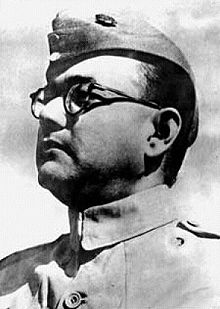WHATREALLYHAPPENED.INFO



Who really won independence for India?Why does the Western world, and especially Britain, love Gandhi so much? Could it be because it flatters our national ego to believe that we left India because we were moved by the peaceful opposition of a saint-like figure in a loin-cloth, in contrast with, say, the French departure from Algeria, which followed years of bloody violence culminating in humiliation? Yet Clement Attlee, when asked about Gandhi’s importance in the British decision to quit India, replied with a single word: “Minimal”. The reality is that Britain was financially, economically and militarily exhausted and crippled by the Second World War, but also, a fact that is conveniently ignored in Britain today, that Britain could no longer rely on the loyalty of the Indian Army. This was, to some extent, the result of the actions of one man, who has been written out of British history but who is regarded in India as a national hero. His portrait hangs in the Indian Parliament and Kolkata (formerly Calcutta) Airport is named after him along with one of the main thoroughfares of the city. He was Subhas Chandra Bose and he is known even today by the name he chose in imitation of Hitler and Mussolini: Netaji (Respected Leader). Bose was a top member of the Indian National Congress along with Gandhi and Nehru in the late 1930s. Unlike Gandhi, he wanted to drive the British out with revolutionary force. When war came he escaped India via Aghanistan and in 1941 went to Germany and organised Indian POWs to fight with the Germans, but Hitler was lukewarm and showed little interest.  The Japanese, on the other hand, thought Bose could be very useful to them and had him smuggled by submarine to Sumatra, then to Tokyo and on to Singapore where not far short of half of the Indian POWs joined him in the Indian National Army to fight alongside the Japanese in Burma. The number who actually saw conflict was small and their influence on the battle even smaller. They were generally regarded with contempt by Indian troops when they were captured and treated badly. Their real influence on the politics of India came after the war when some of their number were placed on trial by the British for treason. There were widespread protests by both civilians and military, culminating in the Indian Naval Mutiny of 1946. Read the full story in History Today: (There is a typo "December 1945" which clearly should have been "December 1943")
Subhas Chandra Bose: The Afterlife of India’s Fascist Leader You can find out more about Bose from Wikipedia and by googling. |